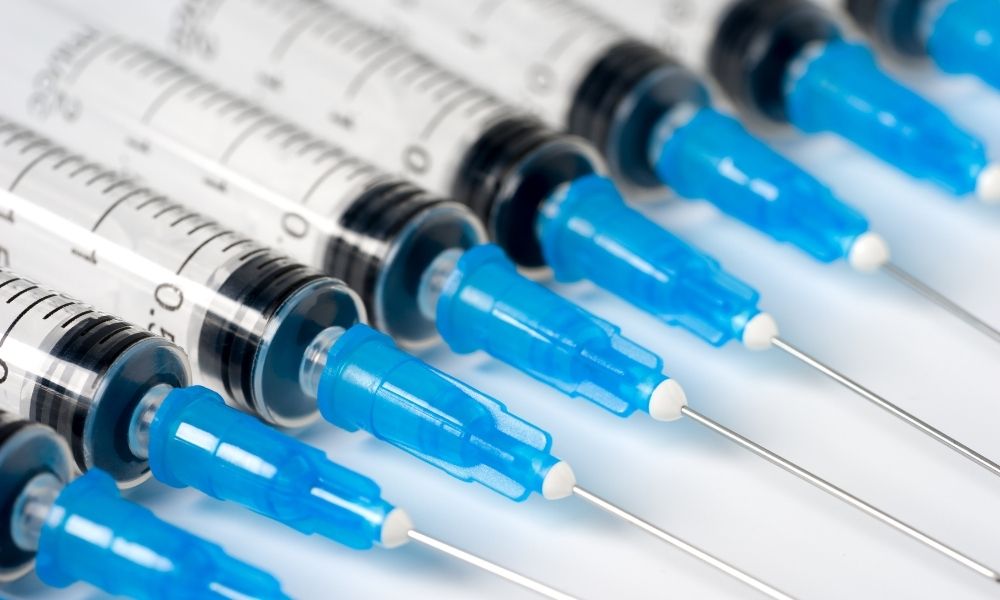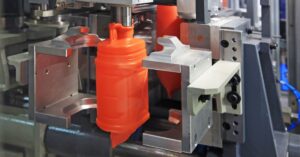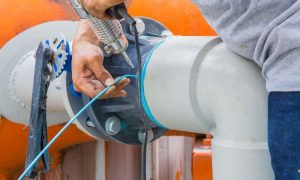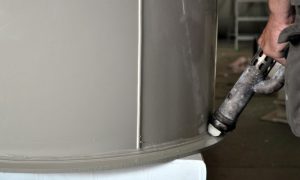It’s difficult to imagine a hospital, ambulance, or doctor’s office without plastic. The healthcare industry was among the first to understand the infinite applications of plastics and how they could improve conditions for the sick and injured. The advantages of plastic in healthcare have become even more obvious during the COVID-19 pandemic, with personal protection equipment in great demand. But plastics permeate the medical system in all kinds of supplies. Just a sampling:
- Surgical gloves
- Syringes
- Face shields
- Insulin pens
- IV tubes
- Catheters
- Blister packs
- Childproof caps
- Pacemakers
- Kidney dialysis machines
- Heart valves
- Measurement devices
- Stents
- Bedpans
- Blood bags
- Medical waste disposal bags
- Implants
- Joint replacement devices
- Bathtub chair seat lifts
- Sterilization wrap
- Surgical basins
- Inflatable splits
- Sterilization containers
Plastics have revolutionized the business of healing and saved an unimaginable number of lives. There’s just no better solution for the healthcare industry or the patients who reap the benefits. Below are several reasons plastics are so prized in this field.
Safer for Patients
Medical facilities are filled with bacteria and viruses that could make patients sicker than they were before. But plastics can be sterilized easily to improve hygiene for all. They can even be treated with coatings to make them more resistant to microbes. Plastics don’t shatter like glass, and they’ve been a game-changer for patients with allergies to metal. Medical-grade plastics prevent cross-contamination and decrease the chances of infection.
Greater Durability
Medical devices and instruments may seem sturdy, but they’re subject to metal fatigue and corrosion that can shorten their life spans. Metals wear far more quickly than plastics, which are produced with structural integrity and greater malleability.
Design Possibilities
Whichever way plastics are produced—injection molding, subtractive machining, 3D printing—they can make more precise medical instruments than metal. They can be molded without breaking, which makes it easier to create innovative equipment with more complex designs than ever before. One of the best applications for plastics has been in prosthetics. Plastics finally made it feasible to customize prosthetics, increase their functionality, and fit them for comfort.
Lower Costs
With medical costs rising, one of the biggest advantages of plastic in healthcareis that it’s inexpensive. When doctors and hospitals have to charge more to cover their supplies, it’s the patients who pay the real price. The raw materials are less expensive, as is the manufacturing process. The turnaround time is quicker, the lightweight plastics are cheaper to transport, and they don’t need the maintenance that metal devices do. Plastics last longer and don’t need to be replaced as frequently as metals.
As a plastic products company with decades of experience,Miller Plastics has witnessed many changes in the medical community. We work with all kinds of health care professionals and take pride in our custom plastic parts. Whatever your needs, contact us for a consultation, or visit our state-of-the-art facilities in Burgettstown, PA, near Pittsburgh. We can show you how plastics can be revolutionary for you too.




